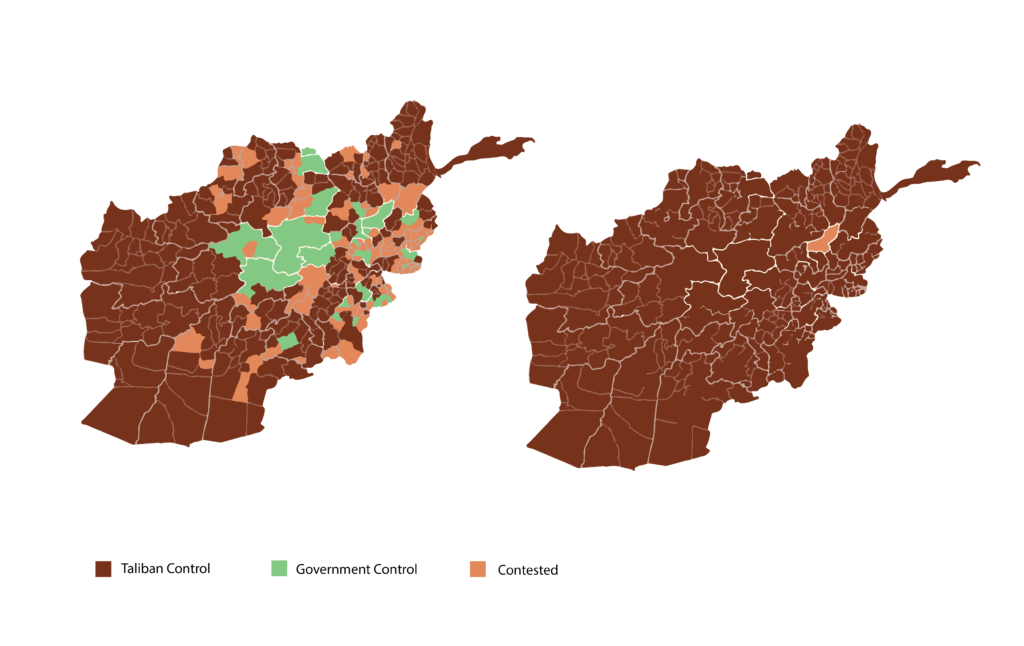
The United States expects its troops to be evacuated from Afghanistan by Aug. 31, with other countries also evacuating their officials.
The withdrawal of US troops from Afghanistan is because of an agreement signed by the Trump Administration in February 2020. The Doha Agreement ordered the removal of all US troops in 16 months; President Biden extended the deadline to the end of August. As a result of the withdrawal, the Taliban within Afghanistan have taken over the Afghan government.
“The Afghani government fell as quickly as it did because it simply did not possess the will to fight,” said David Takitaki, professor of social and behavioral sciences and majoring in political science. “Afghani troops and government leaders conducted negotiations with the Taliban and accepted cash payments for the surrender of arms and territory. The culmination of those deals and the resulting capitulation by the Afghan government is what we’ve been witnessing.”
As the US and other nations moved to remove troops and citizens from Afghanistan, the Taliban moved forward with taking over the country. The Associated Press reports that the Taliban successfully entered the capital on Aug. 15. US officials burned important documents before being evacuated; Afghans also attempted to flee the country in fear of Taliban rule.
The reason many Afghans are attempting to escape Taliban rule is because of the extremist beliefs of the Taliban. Professor Takitaki explains that “their social reforms will be strictly conservative” and have “an extremist view of the Islamic faith.” He also explained how the Taliban is hostile towards the LGBT community and women.
“During their previous rule from 1996-2001, the Taliban were actively destructive of non-Islamic cultural artifacts and historic sites, and many observers fear that they will return to these practices,” Professor Takitaki also explained that the majority of Afghans do not support the Taliban.
The US presence in Afghanistan began after the terrorist attacks carried out by al-Qaeda on Sept. 11, 2001. Al-Qaeda operated in Afghanistan under the consent of the Taliban, who was in control of Afghanistan at the time. The US remained in Afghanistan to try to maintain peace and help build a strong government.
Professor Takitaki explains that it is too soon to tell how the Taliban will control the country.
“There is no guarantee the Taliban will be able to reassert the kind of control they had during the years between 1996 and 2001,” he explained. “We also do not know what sort of Taliban has emerged from 20 years of war, nor do we know how the Afghani people will respond after 20 years of change and constitutional government. It is too early to say how the international political landscape will change.”
With Taliban resistance still present within Afghanistan, it is unlikely they will attempt any attacks on outside countries. There may be a rise in Islamic extremist groups in the country, but there is little to no immediate threat to American citizens.
“The Americans most immediately impacted will be those who served in Afghanistan over the past 20 years, and the families of those who never came home,” concluded Professor Takitaki. “We need not be scared or nervous for our own safety, but now is the time to rally around those who have served and lost loved ones in this conflict.”
